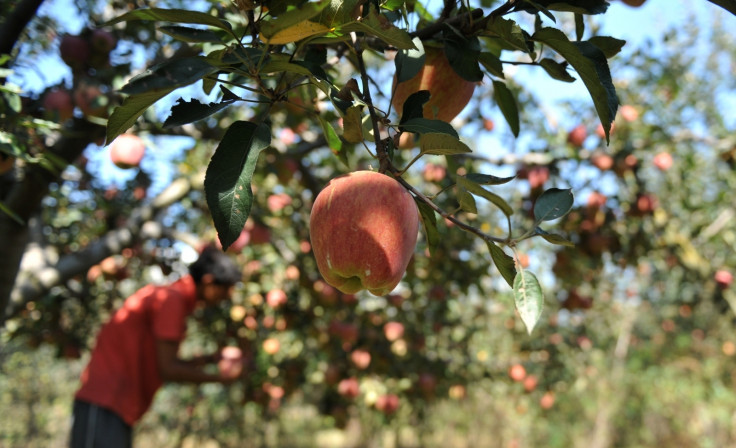3D-printed 'fruit simulator' will help keep real fruits fresh and tasty
Artificial fruits will constantly monitor pulp temperature information among real fruit.

Researchers have developed a 3D-printed device that can monitor produce in boxes by mimicking the "thermal response" of fruits. It can help cold chain processes be more efficient and maintain fruit at an optimal temperature.
Researchers from Empa, the Swiss Federal Laboratories for Materials Science and Technology, have made a novel fruit monitoring device that they claim will help keep produce fresh throughout the long cold chain process from farm to consumer.
In a paper published in the Journal of Food Engineering, the team has created simulators that closely mimic the way fruits respond to heat by 3D printing a fruit casing and placing sensors inside it.
"The artificial fruit is especially of interest for monitoring fruit pulp in precooling facilities, cold stores, ripening facilities and refrigerated containers" said the report.
Using a biomimetic (synthetic materials that mimic biochemical processes) approach, the team made a fruit that specifically matches thermal responses of real fruit as close as possible.
The device is made of a plastic outer shell that is 3D printed to look like a real fruit, with colours, dimensions, texture and weight similar to the fruit it needs to mimic. The two halves of the shell are then filled in with materials that have the same heat response to the flesh of the fruit they are to work with.
Along with the thermal mixture, a number of sensors and other data logging devices are also embedded within the fruit.
When placed with apples and cooled, the publication claims that the response of the simulator fruit was within 5% of real apples. When compared with simulators filled with water, they were able to record a 16% difference in the thermal response.
Artificial fruits such as this, according to the publication, have a reliable and repeatable method of working when compared to other methods making use of real fruits. Another advantage as pointed out is that several locations can be monitored at once within a batch of cargo when artificial fruits are packed in with real fruits.
"This novel sensor system thus provides an improved method to identify heterogeneities in cargo cooling, and associated quality issues", noted the journal.
© Copyright IBTimes 2025. All rights reserved.





















